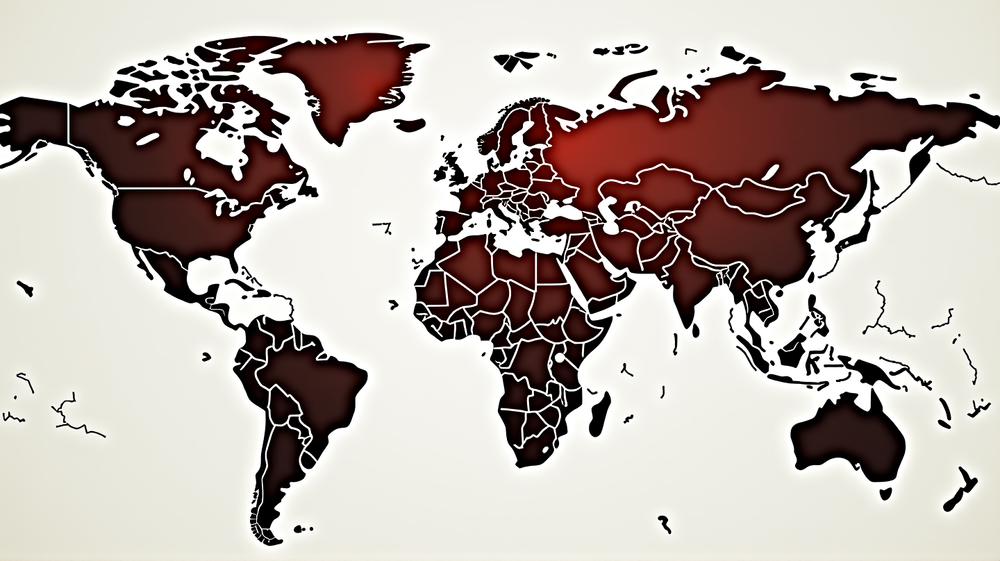In an eye-opening revelation, a recent Pew poll exposes shifting global perceptions towards Israel, painting a picture of widespread skepticism that now spans continents. While a narrative of negativity prevailed in traditionally critical regions, such as Arab and Muslim nations, this sentiment has surprisingly taken firm root in areas typically seen as strong supporters of Israel.
Geographic Spread of Sentiment
According to Middle East Eye, the survey covered 24 countries and found that opinions about Israel were majorly unfavorable in a staggering 20 of them. Notably, countries like Italy, Greece, Sweden, and Spain recorded negative ratings exceeding 70%. A remarkable transformation is seen in Hungary and Poland, where public opinion has traditionally tilted in favor of Israel but now reflects 53% and 62% negativity, respectively.
A Generational Divide
Across the globe, generational divides have emerged as a significant factor influencing public opinion towards Israel. In nations like the US and several high-income countries such as Australia, Canada, France, and South Korea, younger age groups are markedly more critical of Israel. This trend signals a growing divergence in perspectives that might shape future diplomatic and public discourse.
Shifting Sentiment in the US
The US, long considered a staunch ally, is undergoing a notable shift as revealed by the same poll. Currently, 53% of Americans have a negative view of Israel, experiencing an 11-point increase since early 2023. Particularly intriguing is the change among young Republicans, who now reflect increased skepticism, showcasing a political and age-related realignment of views.
Global Confidence in Leadership
Confidence in Israeli leadership appears to be waning universally. Israeli Prime Minister Benjamin Netanyahu, often a polarizing figure, garners limited trust, with three-quarters of respondents across highly developed nations expressing little confidence in his leadership. Countries like Australia, France, and Germany echo similar sentiments, indicative of a broader distrust toward current Israeli governance.
Conclusion and Foreseeable Trends
The rapid decline in Israel’s global perception, particularly among once-loyal backers, underscores a paradigm shift likely driven by international events and political developments within Israeli and Palestinian territories. As stated in Middle East Eye, the escalation of conflicts, policies concerning occupied lands, and global advocacy efforts have collectively influenced these perceptions.
With sentiments continuing to evolve, especially among the youth and prominent public figures advocating for reassessment of international relationships, Israel’s positioning on the global stage may require strategic realignment to bridge these growing divides.












